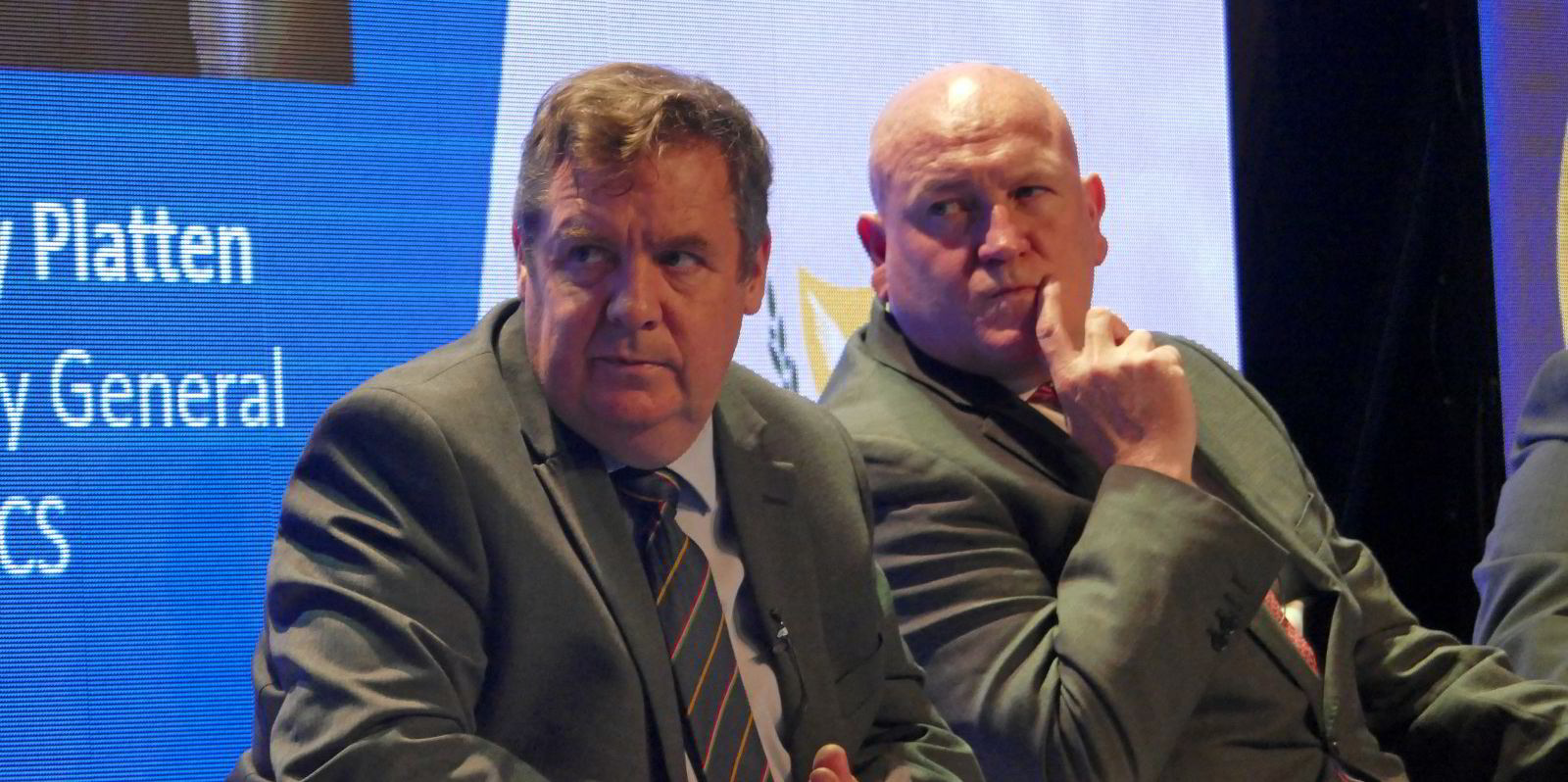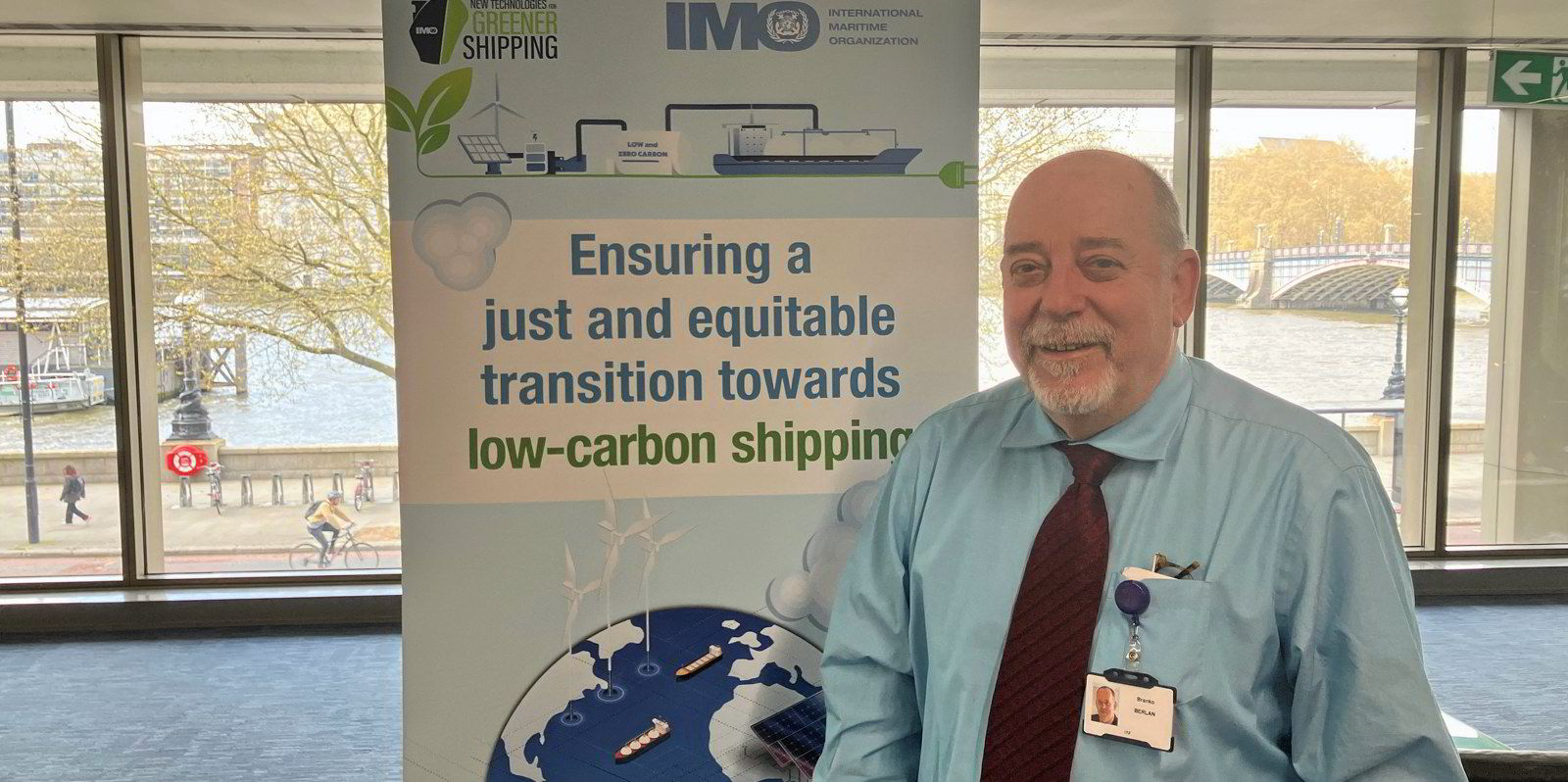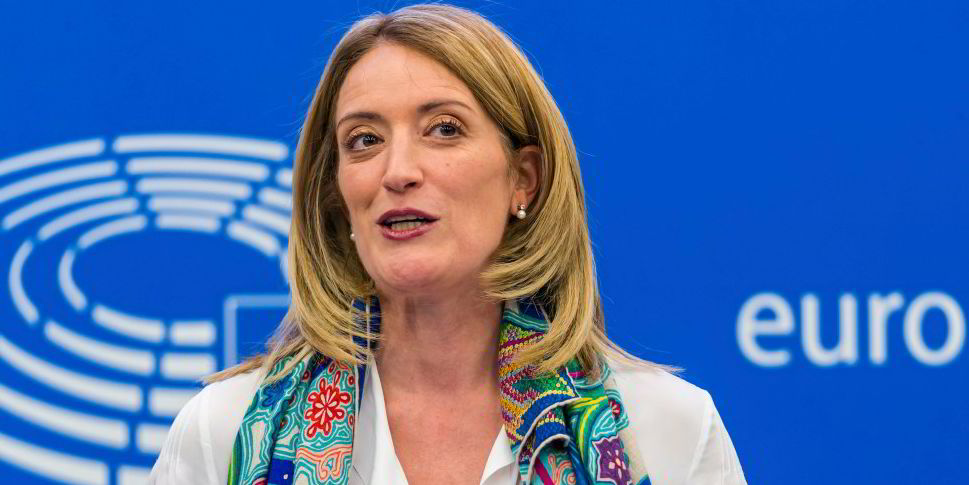Shipowners and unions have put their differences aside to form an alliance looking to promote seafarer training for shipping’s transition to zero carbon emissions.
The idea was hatched during talks between International Chamber of Shipping secretary general Guy Platten and International Transport Workers’ Federation (ITF) general secretary Steve Cotton, who were looking for ideas to align their organisations on decarbonisation.
That led to the creation of the Maritime Just Transition Task Force.
The unlikely partnership has now been joined by the United Nations Global Compact, the International Maritime Organization and International Labour Organization.
Key employers, including ship managers such as Anglo-Eastern and shipowners such as MSC Mediterranean Shipping Company, have also got involved.
It looks like the IMO will set a 2050 target date by which to decarbonise the shipping industry.
Just Transition estimates that as many as 450,000 seafarers will need to be trained in the new technology by 2030 and 800,000 by 2050 to meet that goal.
Branko Berlan, the ITF’s representative to the IMO, said the essential first step — before the work begins on training seafarers — is to make sure the new technology they will be using is safe.
“To educate and train, you have to make it safe for maritime users and operators first,” he said.
Berlan points out that under the IMO’s own goal-based standard rules, new decarbonisation technology should have at least equivalent — if not better — safety standards with existing technology.
He wants to see seafarers trained only for such approved technology.
“Many of those who talk about alternative fuels forget that the ship is not only a place of work but a place to live as well,” Berlan said. “I would just ask the general public how they would feel about sleeping next to a tank of ammonia, or hydrogen, or living inside a nuclear facility. It has to be safe.”

The other issue is how to generate funding to pay for training. Berlan feels the funds raised from future IMO market-based measures — such as carbon levies, taxes and carbon trading schemes — should partly be used to promote training.
This could also mean funds could be diverted to countries that have the potential to develop a skilled labour force.
“These funds should ensure that no country is left behind by ensuring that all countries have the capacity to develop seafaring workforces with the skills for a zero carbon shipping industry,” he said.
Ship automation is also being discussed as part of shipping’s transition to zero carbon. But Berlan does not think that spells an immediate end to the seafaring profession.
“We must constantly remind ourselves that the motivation for the introduction of remotely controlled and autonomous functions is not necessarily to remove the attending crew, but to improve the efficiency of the ship’s operations as well as performance within increased safety of the crew present,” he said.
The ICS has said considerable progress has already been made in the initial phase of the project after coming up with a 10-point plan.
“This is a pathway to go forward to achieve a just and equitable transition, not leaving anyone behind is the fundamental key,” ICS communications manager Katerina Dimitropoulos said.
Making sure the transition is just and equitable is an important part of the project because it wants to offer equal opportunities to all countries to contribute to the development of the labour force.
The idea is also to progress training in line with the International Labour Convention 2006 as well as to use the project as an opportunity to progress issues such as gender and diversity.
The ICS has also been pushing for a review of the International Convention on Standards of Training Certification and Watchkeeping for Seafarers, or STCW Convention, to include matters such as training for decarbonisation.
The ICS’ own seafarer labour supply survey, which it carries out every five years with shipowner association Bimco, indicates that there is an ongoing shortage of seafarers in the industry.
The ICS sees the efforts to decarbonise the industry as an opportunity to broaden the scope of labour supply countries, which could help alleviate the shortages.
In one recent example, Just Transition recently visited Ghana to meet local maritime leaders and to explain the opportunities that could come from training seafarers for the green transition.
“Countries need to understand the opportunity and how to invest in the right way,” ICS director of strategy Stuart Neil said. “Many countries just don’t have the experience of this.
“What we are trying to do is not wait, but to get a head start and to get people thinking about all these things so that they are prepared.”






